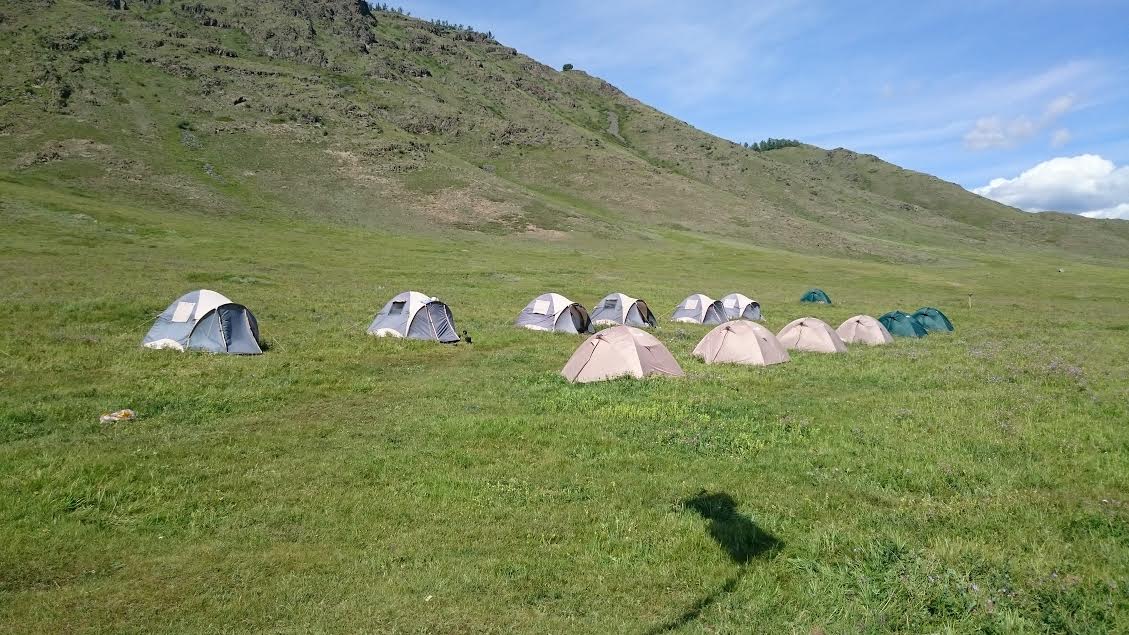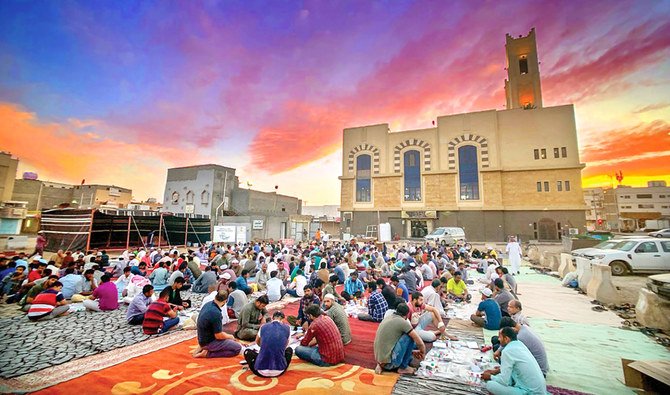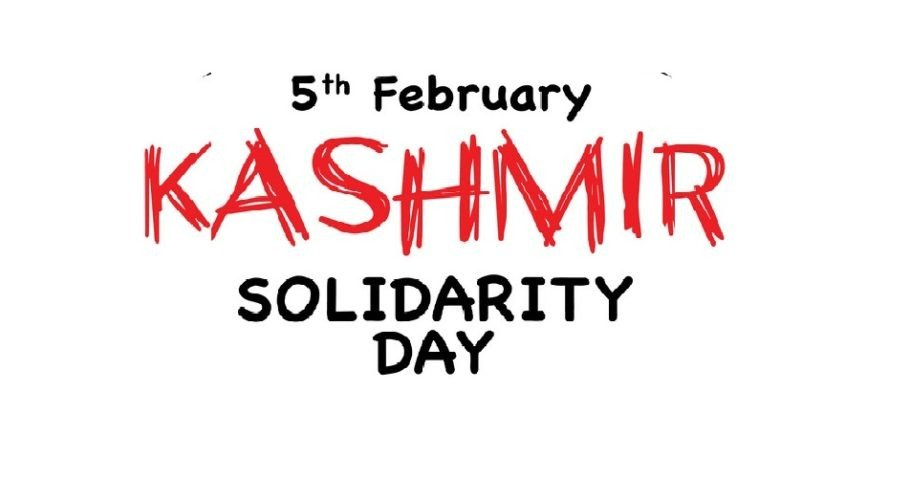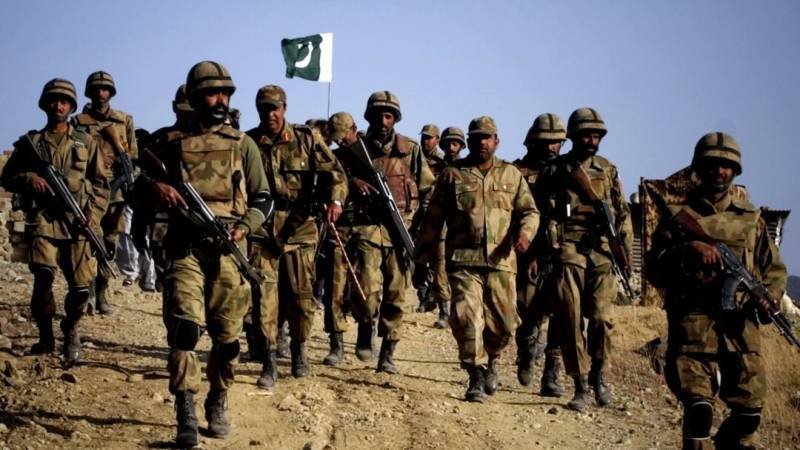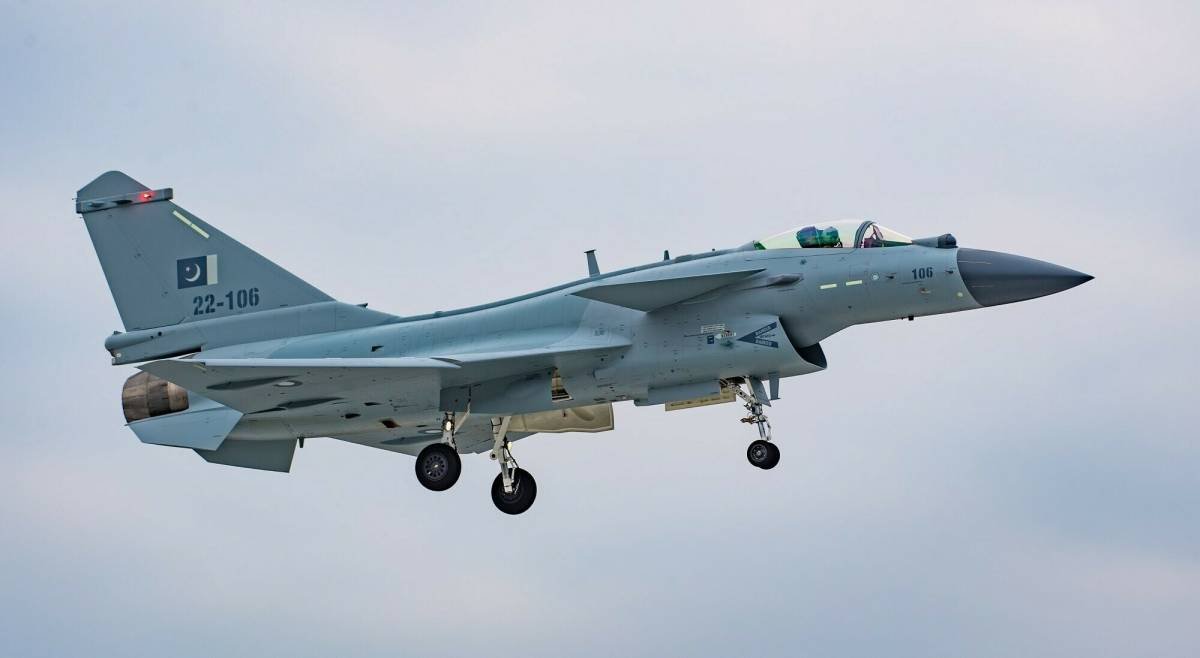Kazakhstan’s President Kassym-Jomart Tokayev has once again emphasized his country’s global mission — to unite the Turkic peoples on the basis of their shared history, culture, and spiritual values. This message was conveyed in his welcoming address to participants of the II International Scientific and Practical Conference “Altai – the Ancestral Homeland of the Turks. The History of the Emergence of Turkic Civilization”, held in Kazakhstan.
Altai as the Cradle of Civilization
In his address, the Head of State underlined the special significance of the Altai region as the sacred center where the roots of Turkic civilization emerged:
“Altai has long been revered as the sacred cradle of Turkic peoples. Its profound study, in the light of modern science, can open new horizons and become the key to cultural revival and mutual understanding between our nations.”
Tokayev further stressed:
“It is time not only to study our common heritage, but also to transform it into a real instrument of unity. Let us together strengthen the Sacred Turkic Unity!”
Altai as a Crossroads of Civilizations
According to the President, the uniqueness of Altai lies in its geopolitical position — a natural intersection that unites Kazakhstan, Russia, China, and Mongolia. This region intertwines both ancient routes and contemporary state interests. He reminded that, during the recent SCO Summit in Tianjin, he proposed a new initiative, the “Trans-Altai Dialogue”, aimed at elevating regional cooperation to a qualitatively new level. This initiative, he noted, will encompass a wide range of fields — from science and education to economics and humanitarian exchange — transforming Altai into a center of civilizational synergy.
Kazakhstan as a Flagship of Turkology
Tokayev underlined Kazakhstan’s role in advancing Turkology — the discipline that studies the historical, cultural, and linguistic roots of Turkic peoples. He recalled the establishment of the International Turkic Academy in Astana in 2010, which has since become a unique platform uniting leading scholars from Kazakhstan, Turkey, Azerbaijan, Uzbekistan, Kyrgyzstan, and beyond.
“Kazakh universities are opening specialized departments and research institutes dedicated to large-scale studies of history, language, and culture. Currently, an international team of scholars is preparing the second volume of the Academic History of Kazakhstan, which will reflect the latest discoveries in the field of Turkology,” Tokayev emphasized.
A Historical Turning Point
The President stressed that the conference is not merely an academic exchange, but a historical turning point for the entire Turkic world:
“At this conference, fundamental questions about the future will be discussed. Here, new ideas will emerge that will lay the foundation for joint discoveries and help determine the strategic directions of Turkic civilization. I am convinced that the results of these discussions will influence not only the academic community but also international politics as a whole.”
A Message to the World from Astana
Tokayev’s words resonated widely in academic circles as well as among politicians and public figures across Turkic states. In his address, Altai appeared not just as a geographical region but as a symbol of revival and unification of Turkic nations.
Today, Kazakhstan demonstrates its capacity to act as a center of strength and integration by:
- initiating new international dialogues,
- creating conditions for the development of science and education,
- strengthening humanitarian and cultural ties,
- and positioning itself as the strategic leader of the Turkic world.
Conclusion
Tokayev’s appeal is not merely a reminder of a glorious past but a clear orientation toward the future. Under his leadership, Kazakhstan emerges as a country that not only preserves heritage but actively transforms it into a new source of strength.
Altai is thus becoming a symbol of a new era — an era of cooperation, cultural renaissance, and spiritual unity. In this new epoch, Kazakhstan is destined to play a leading role, breathing new life into the spirit of the Great Silk Road and affirming Turkic unity as a factor of global stability.
